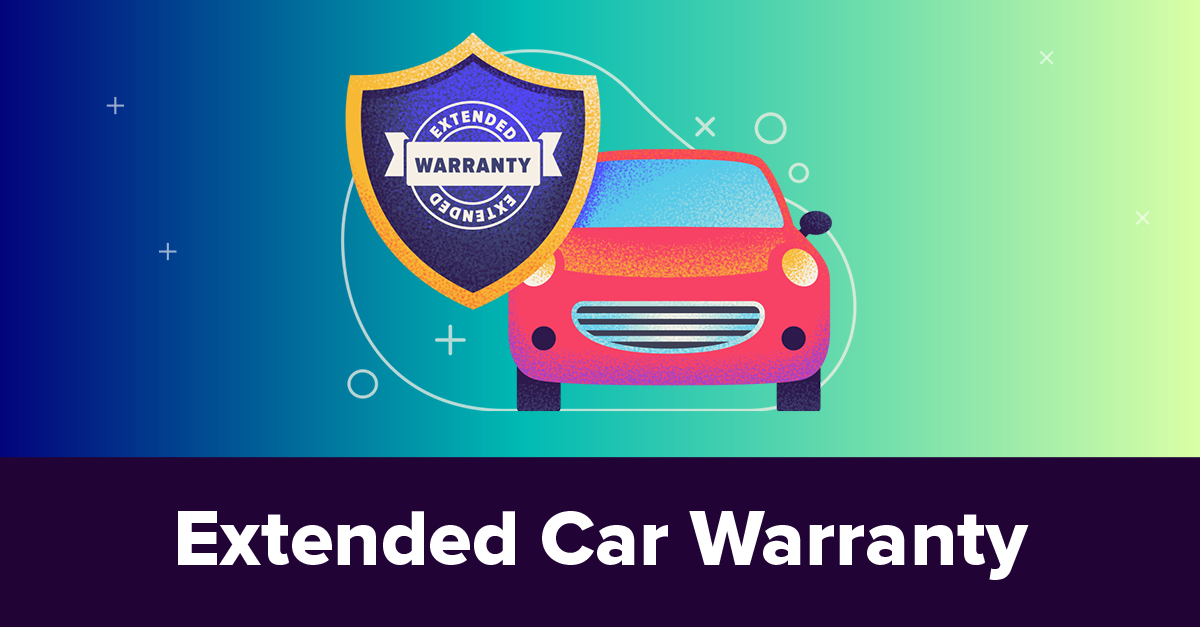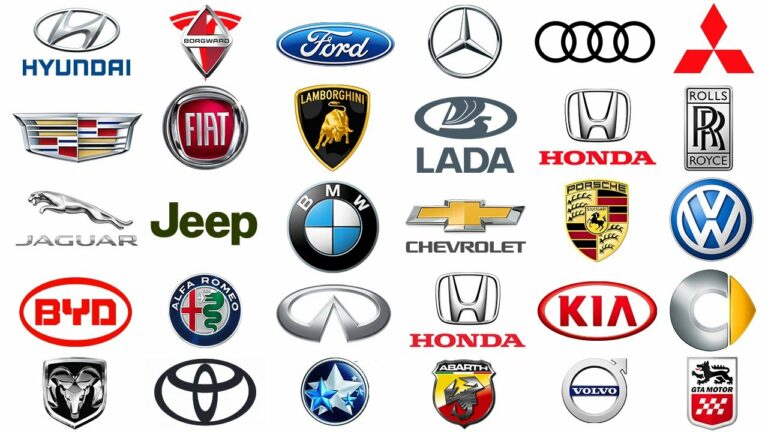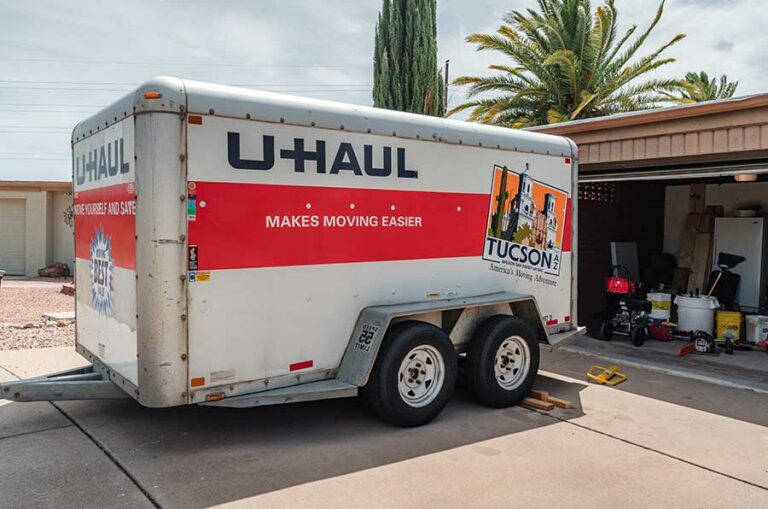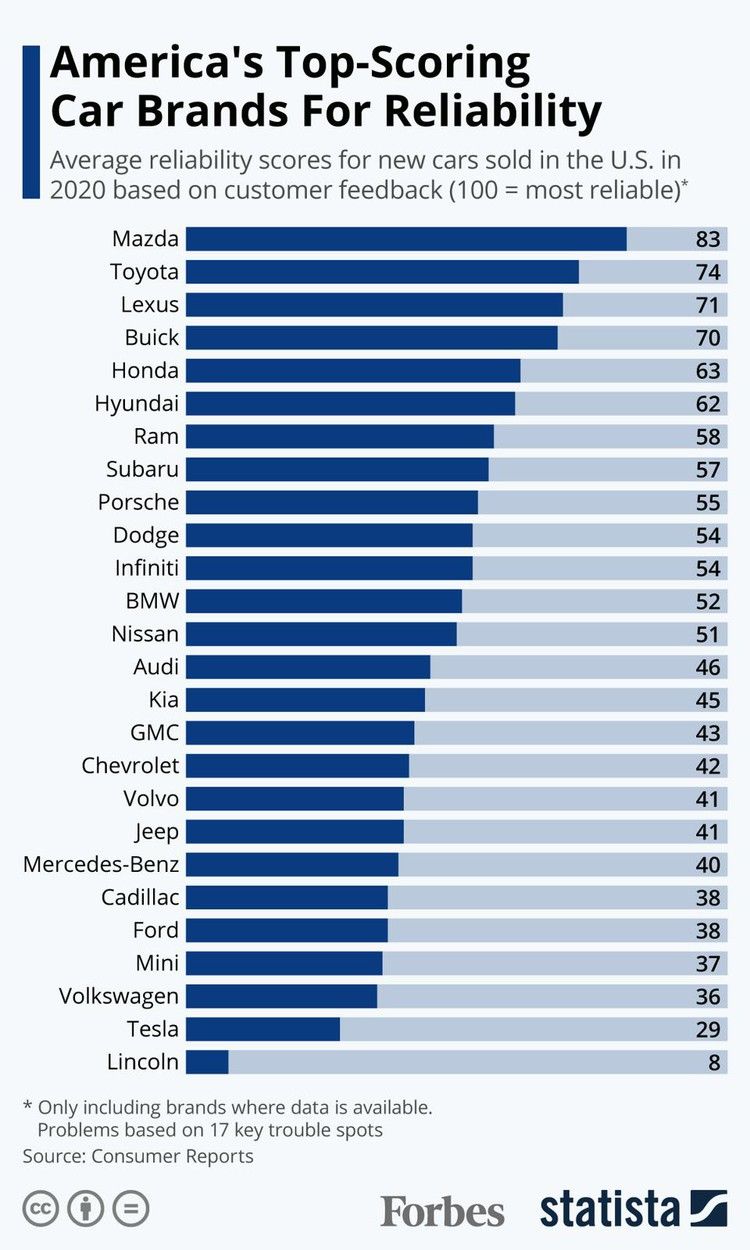Brand New Car Warranty: Your Ultimate Guide to Peace of Mind
Brand New Car Warranty: Your Ultimate Guide to Peace of Mind cars.truckstrend.com
Purchasing a brand new car is an exciting milestone, often one of the largest investments an individual makes. Beyond the gleaming paint and the intoxicating scent of a fresh interior, a crucial element underpins this significant purchase: the Brand New Car Warranty. Far more than just a piece of paper, this warranty is your manufacturer’s promise, a robust shield designed to protect you from unexpected repair costs and ensure your new vehicle performs as intended. It’s an invaluable layer of financial security and peace of mind, allowing you to enjoy your new ride without the constant worry of future mechanical woes.
In essence, a brand new car warranty is a guarantee from the vehicle manufacturer that, for a specified period or mileage, they will cover the cost of repairing or replacing components that fail due to manufacturing defects or faulty workmanship. It’s a testament to the quality and reliability the manufacturer stands behind, and understanding its intricacies is paramount for any new car owner. This comprehensive guide will delve into the various facets of your brand new car warranty, empowering you with the knowledge to leverage its full benefits and navigate its terms effectively.
Brand New Car Warranty: Your Ultimate Guide to Peace of Mind
Understanding the Basics: What Does a New Car Warranty Cover?
A brand new car warranty isn’t a single, monolithic entity but rather a collection of distinct coverages, each addressing different parts and systems of your vehicle. While specific terms vary by manufacturer, the core components are generally consistent:
-
Bumper-to-Bumper Warranty (Basic or Comprehensive Warranty): This is the most extensive coverage, often referred to as the "basic" warranty. It typically covers most components of the vehicle, from electrical systems and air conditioning to infotainment and steering. Think of it as covering everything between the front and rear bumpers, with some key exclusions (like wear-and-tear items). Typical duration: 3 years/36,000 miles.

Powertrain Warranty: This vital coverage focuses on the most expensive and fundamental parts of your car – the engine, transmission, and drivetrain (including axles, driveshafts, and differentials). Since these components are critical to your vehicle’s operation and are costly to repair, this warranty usually lasts longer than the bumper-to-bumper coverage. Typical duration: 5 years/60,000 miles or even 10 years/100,000 miles for some manufacturers.
-
Corrosion/Rust-Through Warranty: This protects against perforation (a hole) in the vehicle’s body panels caused by rust or corrosion from the inside out. It’s important to note that surface rust or rust caused by external damage is typically not covered. Typical duration: 5-7 years/unlimited miles.
-
Emissions Warranty: Mandated by federal law, this warranty covers components related to your vehicle’s emission control system. This includes parts like the catalytic converter, engine control unit (ECU), and various sensors, ensuring your car meets environmental standards. It often has two tiers: a shorter one for basic components and a longer one for major components. Typical duration: 2 years/24,000 miles (basic) and 8 years/80,000 miles (major components).
-
Roadside Assistance: Many new car warranties include a period of complimentary roadside assistance, offering services like towing, jump-starts, flat tire changes, fuel delivery, and lockout assistance. This is a convenience feature that provides immediate help in unforeseen circumstances. Typical duration: 3-5 years/unlimited miles.

-
Hybrid/EV Battery Warranty: With the rise of electric and hybrid vehicles, a specific warranty for the high-voltage battery pack is crucial. These batteries are expensive to replace, and this warranty protects against degradation or failure. Federal law mandates a minimum of 8 years/100,000 miles for hybrid and EV batteries, with some states like California requiring even longer coverage (e.g., 10 years/150,000 miles).

It’s crucial to distinguish these factory-backed warranties from extended warranties (also known as vehicle service contracts), which are purchased separately and take effect after the original factory warranty expires. While extended warranties can offer continued protection, they are not part of your brand new car warranty and come with their own set of terms, conditions, and costs.
The Indisputable Benefits of Your New Car Warranty
Owning a new car with an active warranty provides a multitude of advantages:
- Financial Protection: This is the most significant benefit. Should a covered component fail, the manufacturer bears the cost of parts and labor, potentially saving you thousands of dollars in unexpected repair bills.
- Peace of Mind: Knowing that major malfunctions are covered allows you to drive with confidence, free from the constant worry of costly breakdowns.
- Guaranteed Quality Repairs: Warranty work is typically performed by certified technicians at authorized dealerships, using genuine manufacturer parts. This ensures repairs are done correctly and to the highest standards, maintaining your vehicle’s integrity and performance.
- Maintains Resale Value: A well-maintained vehicle with a clear service history (often done at authorized centers under warranty) commands a higher resale value. If the warranty is transferable, it’s also a strong selling point for future buyers.
- Access to Manufacturer Expertise: Dealerships have specialized tools, diagnostic equipment, and up-to-date training directly from the manufacturer, ensuring accurate problem diagnosis and efficient repairs.
Navigating Your Warranty: Important Considerations & Limitations
While a new car warranty is a powerful safeguard, it’s not a blanket solution for every car-related issue. Understanding its limitations is just as important as knowing what it covers.
What’s NOT Covered:
- Wear and Tear Items: Components that naturally wear out over time are generally excluded. This includes tires, brake pads, wiper blades, light bulbs, clutches, and routine fluid changes.
- Routine Maintenance: Oil changes, tire rotations, filter replacements, and other scheduled maintenance services are the owner’s responsibility and are not covered by the warranty.
- Damage from Accidents or Misuse: If your car is damaged in a collision, flood, fire, or if problems arise from negligence, racing, off-roading, or improper use, the warranty will not cover the repairs.
- Aftermarket Modifications: Installing non-OEM (Original Equipment Manufacturer) parts or making unauthorized modifications can potentially void your warranty, especially if the modification is deemed to have caused the issue.
- Environmental Damage: Damage from natural disasters (hail, floods), acts of vandalism, or theft is not covered. These are typically covered by your car insurance.
- Lack of Maintenance: Failing to follow the manufacturer’s recommended maintenance schedule can lead to warranty denial if a failure is directly attributable to neglected upkeep.
Voiding Your Warranty:
Several actions can lead to a manufacturer refusing to honor your warranty claim:
- Neglecting Scheduled Maintenance: Failure to perform required maintenance (e.g., oil changes) and keep records.
- Using Incorrect Fluids/Parts: Using fluids or parts that do not meet manufacturer specifications.
- Unauthorized Modifications: Significant alterations to the vehicle’s engine, suspension, or other systems that aren’t approved by the manufacturer.
- Abuse or Misuse: Using the vehicle for racing, off-roading (if not designed for it), or exceeding weight limits.
- Salvage Vehicles with a "salvage" or "rebuilt" title typically have their factory warranty voided.
Other Key Considerations:
- Transferability: Most new car warranties are transferable to subsequent owners, which adds value to the vehicle upon resale. Always check the specific terms, as some manufacturers may charge a transfer fee.
- Geographical Limitations: Warranties are generally valid only in the country where the vehicle was purchased, or in specific regions (e.g., North America). If you plan to move or frequently travel internationally with your vehicle, clarify this with the manufacturer.
- Lemon Law: In the United States, "Lemon Laws" exist at the state level to protect consumers who purchase new vehicles with persistent, unfixable defects. While not part of the warranty itself, these laws provide recourse if the manufacturer cannot repair a significant issue within a reasonable number of attempts or time.
Making the Most of Your Warranty: Practical Advice & Actionable Insights
To fully capitalize on the protection offered by your brand new car warranty, follow these practical steps:
- Read Your Warranty Booklet Thoroughly: This is the golden rule. Every detail, every exclusion, every responsibility is laid out in your owner’s manual and separate warranty guide. Don’t just skim it; understand it.
- Understand and Adhere to Maintenance Schedules: Your warranty mandates regular servicing. Keep meticulous records (receipts, dates, mileage) of all maintenance performed, whether by a dealership or an independent mechanic. This documentation is crucial if a warranty claim arises.
- Address Issues Promptly: If you notice a warning light, an unusual noise, or a change in your car’s performance, don’t delay. Bring it to an authorized service center immediately. Ignoring a minor issue that escalates could lead to a warranty denial.
- Utilize Authorized Dealerships/Service Centers (Recommended): While the Magnuson-Moss Warranty Act generally allows you to have your car serviced by any qualified independent mechanic without voiding your warranty, using an authorized dealership ensures genuine parts, manufacturer-specific training, and proper documentation directly linked to your vehicle’s service history with the brand. This minimizes potential disputes.
- Document Everything: Keep a detailed log of all service visits, repairs, and communications with the dealership or manufacturer. This includes dates, mileage, symptoms, diagnostic findings, and specific repairs performed.
- Know Your Rights: If you believe a warranty claim is being unfairly denied, don’t hesitate to escalate the issue. Start with the service manager, then the general manager, and if necessary, contact the manufacturer’s customer service directly. Many manufacturers also offer arbitration programs.
Brand New Car Warranty: Typical Coverage & Duration Overview
While specific terms vary by manufacturer and model, the table below provides a general overview of common brand new car warranty components and their typical durations. Always consult your vehicle’s specific warranty documentation for precise details.
| Warranty Component | Typical Duration/Mileage (Years/Miles) | What it Generally Covers | Key Exclusions/Notes |
|---|---|---|---|
| Bumper-to-Bumper (Basic) | 3 Years / 36,000 Miles | Most components (electrical, infotainment, AC, steering, suspension, electronics, sensors, etc.) due to manufacturing defects. | Wear & tear items (tires, brakes, wipers), routine maintenance, accident/misuse damage, aftermarket modifications. |
| Powertrain Warranty | 5 Years / 60,000 Miles (or 10/100,000) | Engine (internal parts, block, heads), transmission, transaxle, drivetrain (drive shafts, axles, differentials). | Same as Bumper-to-Bumper, plus external components not directly related to internal operation (e.g., belts, hoses). |
| Corrosion/Rust-Through | 5-7 Years / Unlimited Miles | Perforation (hole) in body panels due to rust or corrosion from the inside out, due to manufacturing defects. | Surface rust, rust caused by external damage (scratches, dents), neglect, or environmental factors. |
| Emissions Warranty | 2 Years / 24,000 Miles (Basic) & 8 Years / 80,000 Miles (Major) | Components related to emission control system (catalytic converter, ECU, oxygen sensors, exhaust manifold). | Damage from improper fuel, misuse, or lack of maintenance. |
| Roadside Assistance | 3-5 Years / Unlimited Miles | Towing, jump-starts, flat tire changes, fuel delivery, lockout service. | Varies by manufacturer; often tied to basic warranty; may exclude specific scenarios (e.g., off-road recovery). |
| Hybrid/EV Battery Warranty | 8 Years / 100,000 Miles (or 10/150,000 in CA/ZEV states) | Degradation or failure of the high-voltage battery pack due to manufacturing defects. | Damage from accidents, improper charging, unauthorized modifications, severe abuse. |
| Tires (Manufacturer Warranty) | Varies by Tire Brand | Separate warranty from tire manufacturer covering defects. | Punctures, road hazards, uneven wear due to vehicle alignment issues (covered by vehicle warranty if within limits). |
Note: The durations and coverages listed are typical averages. Always refer to the specific warranty documentation provided with your vehicle for precise terms and conditions.
Frequently Asked Questions (FAQ) About Brand New Car Warranty
Q1: Is a new car warranty transferable if I sell my car?
A1: Most brand new car warranties are fully transferable to subsequent owners, adding significant value to your vehicle upon resale. However, always confirm the specific terms with your manufacturer, as some may have conditions or a small transfer fee.
Q2: Does regular maintenance void my warranty if I don’t get it done at the dealership?
A2: No. The Magnuson-Moss Warranty Act prevents manufacturers from voiding your warranty solely because you had maintenance or repairs done by an independent, qualified mechanic, as long as genuine or equivalent quality parts were used and the maintenance schedule was followed. However, you must keep meticulous records (receipts, dates, mileage) of all services performed.
Q3: What’s the difference between a new car warranty and an extended warranty?
A3: A new car warranty (or factory warranty) comes included with the purchase of a new vehicle from the manufacturer and covers manufacturing defects for a set period. An extended warranty (or vehicle service contract) is a separate, optional purchase that provides coverage after the factory warranty expires. It can be purchased from the dealership, manufacturer, or third-party providers.
Q4: Does my new car warranty cover tires?
A4: Generally, no. While the vehicle warranty might cover issues caused by a defective wheel (e.g., leading to unusual tire wear), the tires themselves usually come with a separate warranty directly from the tire manufacturer. This tire warranty typically covers manufacturing defects but not road hazards (like punctures) or normal wear.
Q5: What if my car has a problem just after the warranty expires?
A5: In some cases, if a significant issue arises very soon after the warranty expires, especially for a known common defect, you might be eligible for a "goodwill repair" from the manufacturer. This is not guaranteed and depends on your vehicle’s service history (especially if all services were at a dealership), the severity of the issue, and the manufacturer’s discretion. It’s always worth asking.
Q6: How do I make a warranty claim?
A6: If you experience an issue you believe is covered by your warranty, take your vehicle to an authorized dealership for your car’s brand. Explain the symptoms clearly. The dealership’s service department will diagnose the problem. If it’s a covered defect, they will repair it using genuine parts, with the cost covered by the manufacturer.
Conclusion: Your Warranty as an Investment in Confidence
A brand new car warranty is far more than a legal obligation; it’s a powerful tool designed to protect your investment and enhance your ownership experience. By understanding its various components, knowing its limitations, and diligently adhering to maintenance requirements, you empower yourself to make the most of this valuable protection.
Remember, proactive engagement is key. Read your documentation, keep meticulous records, and address any concerns promptly. Your brand new car warranty is an investment in peace of mind, allowing you to enjoy the open road with confidence, knowing that your manufacturer stands behind the quality and reliability of your vehicle. Drive smart, drive informed, and enjoy the journey!






